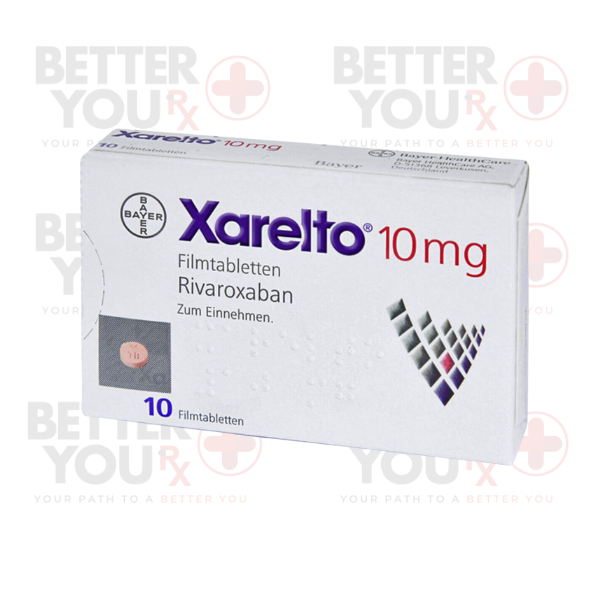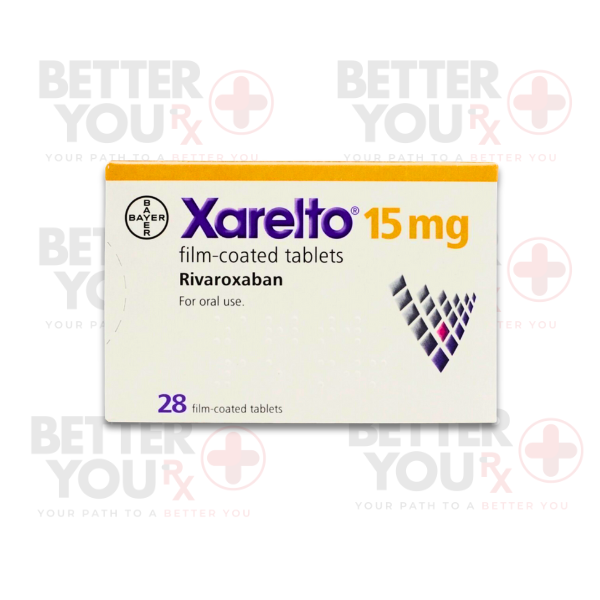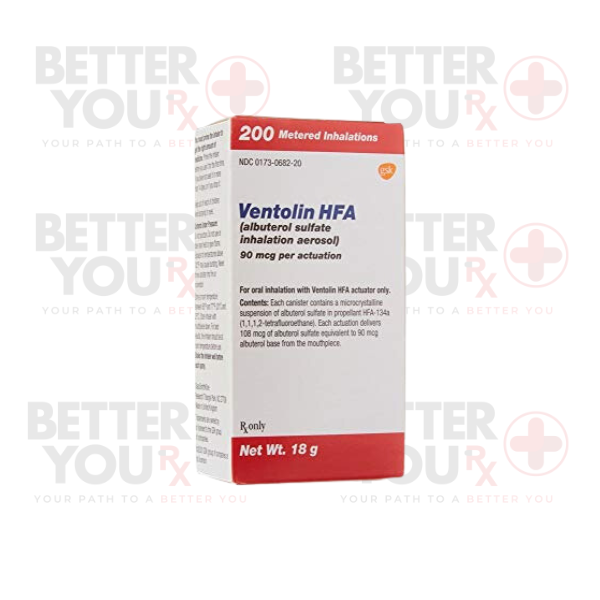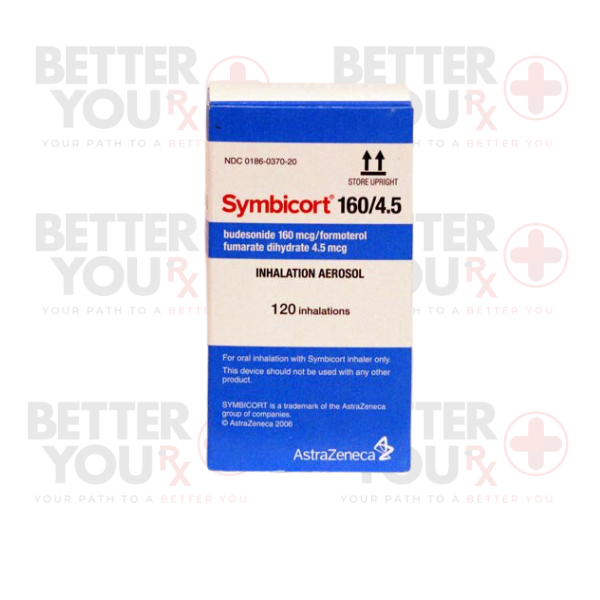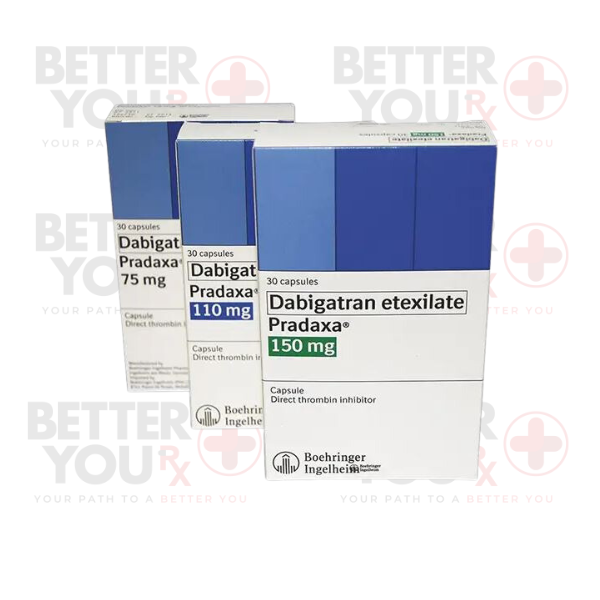| Usage |
Usage
-Vismodegib is available in capsule form for oral consumption. Typically taken once daily, it can be ingested with or without food. To ensure consistent intake, consider taking it at the same time daily. Adhere closely to the instructions on your prescription label, seeking clarification from your doctor or pharmacist if needed. Strictly adhere to the prescribed dosage; do not exceed or reduce it, nor increase the frequency beyond your doctor's recommendations. Swallow the capsules whole—avoid splitting, chewing, or crushing them.
|
| Side Effects |
Side Effects
Vismodegib could potentially lead to side effects. In case any of the following symptoms persist or become bothersome, inform your doctor:
• Muscle spasms
• Joint pain
• Fatigue
• Hair loss
• Alteration in taste or loss of taste
• Reduced appetite
• Weight loss
• Nausea
• Vomiting
• Diarrhea
• Constipation
• Absent menstrual periods
Should you encounter any atypical issues during your use of this medication, promptly contact your doctor, as Vismodegib may prompt additional side effects.
|
| Storage |
Storage
-Ensure the safety of this medication by storing it in its original container, securely sealed, and away from children's reach. Keep it at room temperature, avoiding excessive heat and moisture (avoid bathroom storage). Properly dispose of any unused medication to prevent accidental consumption. Never flush it down the toilet. For appropriate disposal, utilize a medicine take-back program or consult your pharmacist/local waste management. To prevent accidental access by children, secure safety caps on containers, and store the medication in an elevated, inaccessible location.
|
| Precautions |
Precautions
Guidelines for All Patients: Women who are pregnant or may become pregnant should refrain from taking Vismodegib due to potential risks, including pregnancy loss or birth defects. Don't donate blood while on Vismodegib and for 7 months after treatment. Sharing the medication, even with those having similar symptoms, is not advised. Discuss the risks with your doctor.
For Female Patients: If pregnancy is possible, prevent it during Vismodegib treatment. A negative pregnancy test within a week of starting is essential. Employ acceptable birth control during treatment and for 7 months afterward, as advised by your doctor. Contact your doctor promptly if you suspect pregnancy.
For Male Patients: Use condoms during sexual contact with pregnant or potentially pregnant females while on Vismodegib and for 3 months post-treatment, even after a vasectomy. If unprotected sex occurs with a potentially pregnant partner or pregnancy is suspected, inform your doctor immediately. Avoid donating semen during Vismodegib use and for 3 months after treatment. Before taking vismodegib,
• Inform your doctor and pharmacist about any allergies you have, whether to Vismodegib, other medications, or components within Vismodegib capsules. Check the Medication Guide for a detailed ingredient list.
• Disclose all prescription and non-prescription drugs, vitamins, supplements, and herbal products you're using or intend to use. Specifically, mention antacids; certain antibiotics like azithromycin (Z-Pak, Zithromax), clarithromycin (Biaxin, in Prevpac), and erythromycin (E.E.S., Eryc, Ery-Tab, Erythrocin, PCE); medications for indigestion, heartburn, or ulcers like cimetidine (Tagamet), famotidine (Pepcid), and ranitidine (Zantac); and proton-pump inhibitors such as dexlansoprazole (Dexilant), lansoprazole (Prevacid, in Prevpac), omeprazole (Prilosec, Zegerid), pantoprazole (Protonix), and rabeprazole (AcipHex). Your doctor might need to adjust dosages or closely monitor you due to potential interactions. Mention all medications you're taking, even those not listed.
• Avoid breastfeeding while using Vismodegib and for 7 months post-treatment.
|





